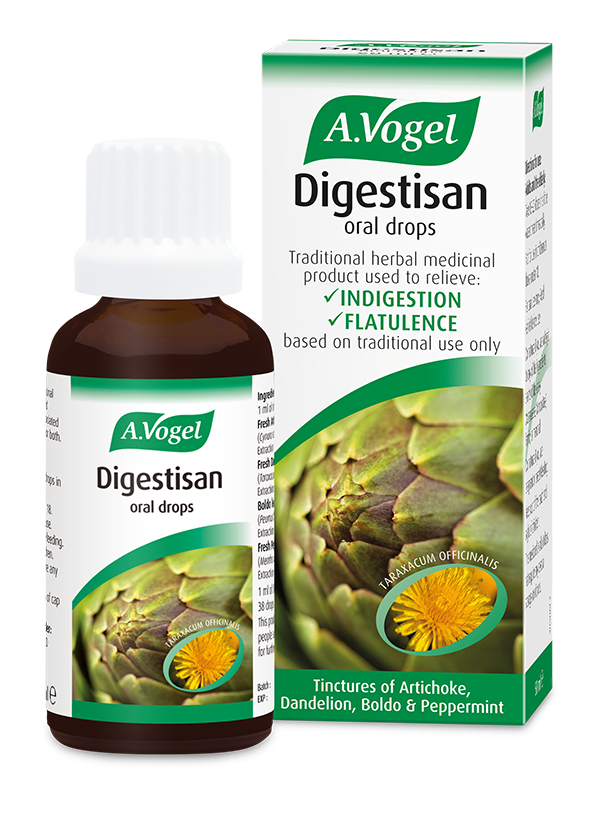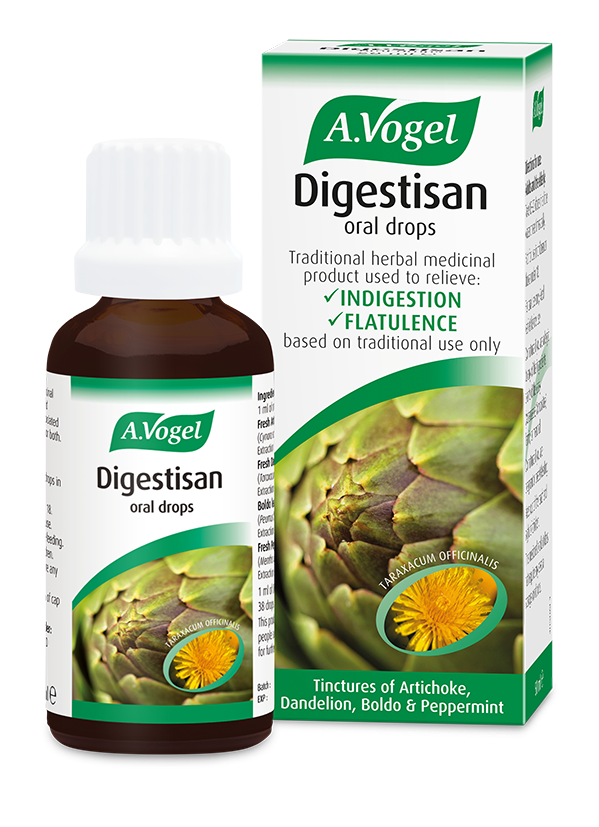An introduction to acid reflux and trouble swallowing
Acid reflux occurs as a result of the improper functioning of the lower-oesophageal sphincter (LOS), a ring of smooth muscle which controls what enters the stomach from the oesophagus. In cases of acid reflux, the contents of the stomach are able to travel backwards and upwards, into the oesophagus which can cause pain, amongst a number of other symptoms.
Although, in many causes of acid reflux heartburn is one of the main symptoms, for others, more chronic symptoms may be apparent. For people who suffer from other conditions such as gastro-oesophageal reflux disease (GORD), or hiatus hernia, for example, can often experience more serious and debilitating symptoms such as trouble swallowing, or dysphagia.
How does acid reflux cause trouble swallowing?
Acid reflux occurs as the contents of our stomach travel backwards and upwards into our oesophagus. Although some may experience some pain and discomfort behind their ribcage, which we call heartburn, others, especially if experiencing recurrent digestive issues, the symptoms can be more serious.
Some more uncommon symptoms of acid reflux include a dry cough, hiccups, nausea or trouble swallowing. These symptoms are more likely to happen as a result of the contents bypassing, not just the LOS, but travelling further up the oesophagus towards the Upper-oesophageal sphincter (UOS), which sits nearer the back of your throat.
If this happens often, people can feel that they have trouble swallowing, that they have something stuck in their throat or they find that they cough or choke often when eating.
Recurrent acid reflux can also contribute to the formation of scar tissue in an around the oesophagus. This may cause a narrowing of this structure which can make swallowing more difficult.
If you struggle to swallow food regularly, it can lead to other complications, so you should always have this checked by your doctor.
What can I try at home for trouble swallowing?
If you find that you often have trouble swallowing and aren’t sure why, or your symptoms are severe, we would recommend you go to your doctor. Otherwise, there may be some steps you can take at home that can help:
- Alter your eating habits. Avoiding very large portions and taking your time over meals is always preferable, especially if dysphagia is an issue. Chewing your food properly is also very important and will make not only make swallowing easier, but also the digestive processes thereafter. Although you might be tempted to drink liquids with your meals to make swallowing easier, this should be avoided as much as possible. By guzzling liquids with your meals you will only risk diluting your digestive juices, which could cause further issues. Be sure to make note of, and avoid any other foods or drinks that make your symptoms of acid reflux worse – alcohol, caffeine or spicy foods may be included on this list
- Manage stress. Quite understandably, people who have trouble swallowing may feel quite stressed by this, but actually, symptoms of stress or anxiety could be making your symptoms worse. Apart from acid reflux issues, people who suffer from stress can experience tightness in the throat or have the sensation that something is stuck there.
How can herbal remedies help me?
If dysphagia as a result of acid reflux is a problem for you, there are some natural remedies which may come in useful:
- Bitter herbs. Digestisan is a traditional herbal remedy which contains extracts of artichoke, dandelion, peppermint and boldo and can help offer relief from feelings of fullness or indigestion
- Silicol Gel. Silicol Gel helps create a slippery, protective layer throughout the digestive tract and as a result can help calm some of the troublesome symptoms associated with acid reflux
- Stress Relief Daytime. If you suspect stress is exacerbating your symptoms of dysphagia, our Stress Relief Daytime drops may come in useful. This is a traditional herbal remedy containing two ingredients, valerian and hops, used to help manage symptoms of mild stress or anxiety.
How can my doctor help?
Problems swallowing can be a serious problem, in which case you should go to your doctor. If acid reflux is the likely cause they may prescribe some antacid medication.Always beware of any side effects of medications and return to your GP if the problem persists.








